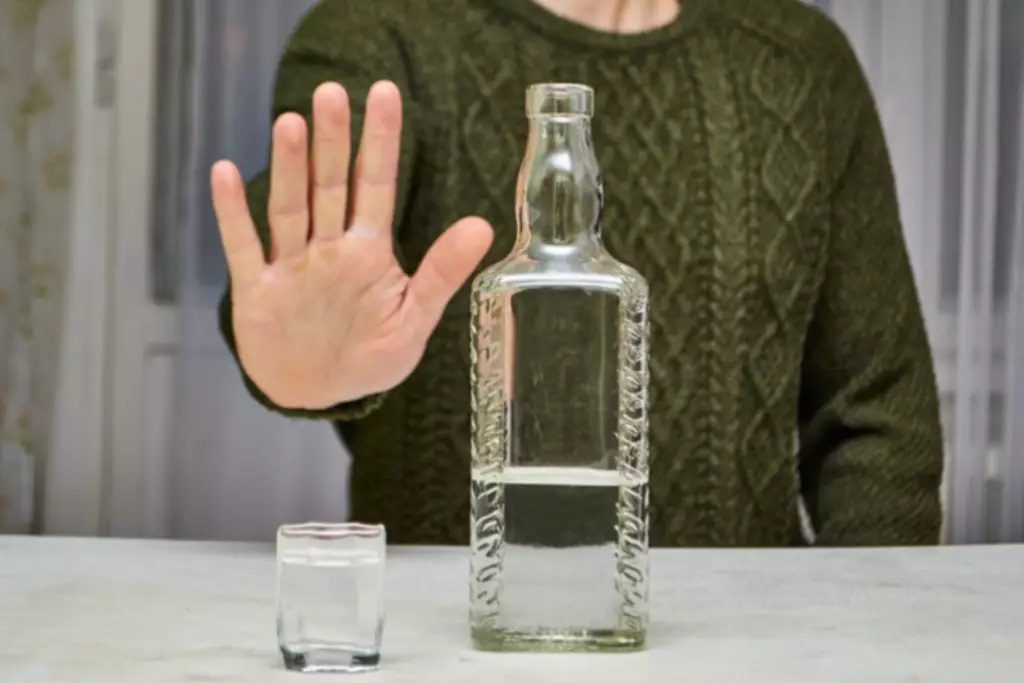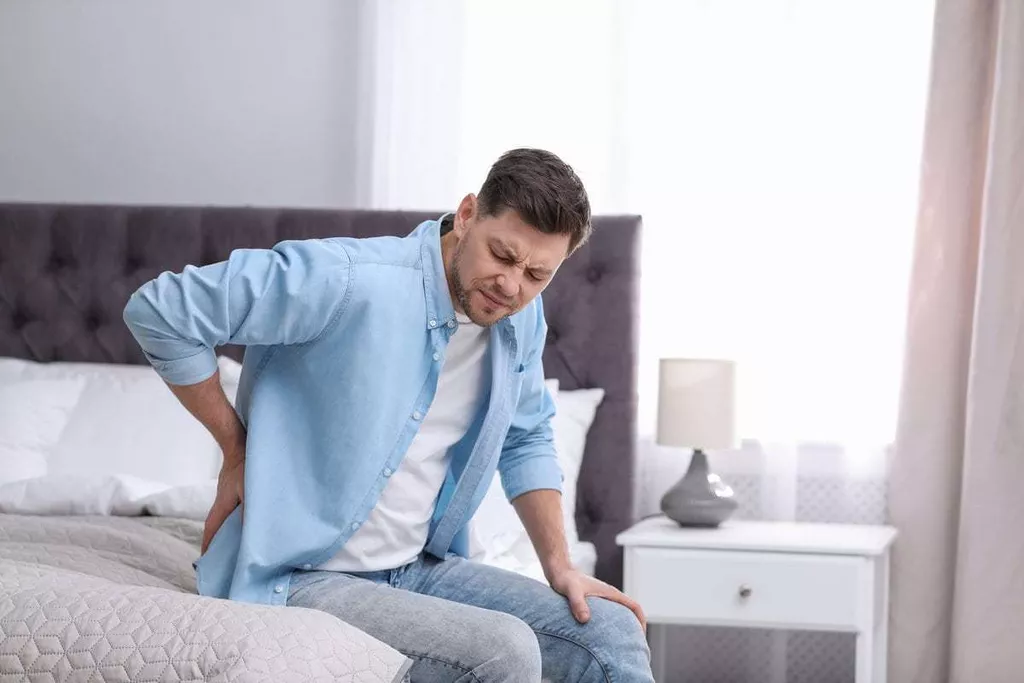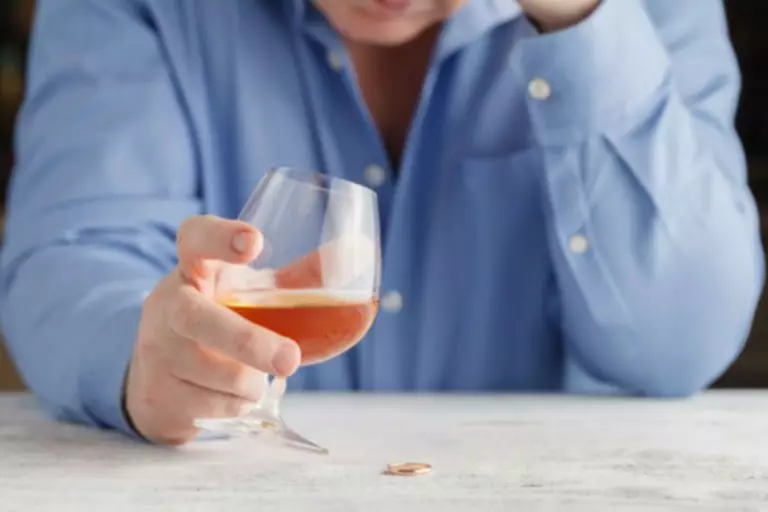Understanding Your Risk for Cannabis Use Disorder Cannabis and Public Health

We do have drug-specific treatments, especially when we’re thinking of medicine rather than psychological treatment. But if a general addiction liability is a robust phenomenon, in addition to the unique pharmacologic targets for a given drug use disorder, it probably means that we have to shift our treatment toward transdiagnostic approaches. In other realms of clinical psychology, we’ve moved toward targeting broad elements like a general tendency to experience negative affect. Now there are transdiagnostic treatments that target specifically this general tendency to have negative affect. In the same way, we could develop treatments that target whatever is captured or quantified in this general addiction liability dimension or more, and we could target that.
Withdrawal Symptoms
- Knowing what these are can help you approach your loved one in a caring way.
- They have a variety of strains and types to choose from, and the people who work there can probably suggest products you can try, based on the outcome you’re looking for.
- How much do you really want to know about the risks of marijuana?
- But so far, it’s clear that you should avoid all forms of it, including CBD products, if you’re pregnant, trying to get pregnant, or nursing.
The FDA has historically favored abstinence as the endpoint in trials to develop medications for substance use disorders. Abstinence has been evaluated using absence of positive urine drug tests, absence of self-reported drug use, and regularly attending sessions where drug use is assessed. But abstinence is a high bar comparable to requiring that an antidepressant produce complete remission of depression or that an analgesic completely eliminate pain. Recognizing this limitation, the FDA encourages developers of opioid2 and stimulant3 use disorder medications to discuss with FDA alternative approaches to measure changes in drug use patterns. Cannabis use and heart attack incidence was assessed in a similar manner across the different studies. Extremely heavy and consistent use of cannabis will probably lead to dependence in some form, but its physically addictive potential is almost trivial compared to even tobacco and alcohol.
How to Use Medical Marijuana
It’s crucial to seek help as soon as you develop signs of it. Here I highlight important work being done at NIDA and other news related to the science of drug use and addiction. If you’re experiencing an emergency, please call 911 or visit our Resource Hub to view a list of 24-hour support services and hotlines.
Health Impacts of Cannabis
There’s evidence that it was used in Central Asia and Western China to treat health issues such as arthritis, asthma, pain, and depression. Right now, medical marijuana is legal in 39 states, while recreational cannabis is legal in 24 states and Washington, D.C. Even your dentist should know if you sometimes get high.
This includes its dried flowers, leaves, stems and seeds. I think there is so much to be done in the field, Sober living house and studies like yours can contribute with data support and a quantitative perspective. This was a great conversation, and I personally learned a lot.

- Today, marijuana use is on the rise among all adult age groups, both sexes, and pregnant women.
- The FDA has historically favored abstinence as the endpoint in trials to develop medications for substance use disorders.
- Differences in regulations may be partially attributed to cultural differences regarding cannabis use and stigma.
- MET is based on motivational interviewing and helps to increase changes in behavior by giving nonjudgmental feedback and helping people set goals.
- The paper argues that addiction follows a more diverse pattern, and the conversation highlights what this approach to addiction means for future research and for treatment strategies.
And when you can face life, as it how long does marijuana stay in your system is, fully present, there is nothing addiction can offer that you don’t already have. You can’t just stop an addiction; you have to replace it with healthier ways of managing stress and disconnection. Presents key facts, social media graphics and messaging to help organizations raise awareness of pediatric cannabis poisoning through public education campaigns. The materials convey the important message of keeping cannabis edibles safely stored and out of reach from children, in the same way we do for other dangerous household items. In addition to the different cannabis strains, there are also many synthetic cannabinoids—also referred to as K2—on the market. These often contain a much higher THC content and typically have more adverse effects than cannabis.

These include insomnia, mood problems, or cravings you can’t control. Protective factors can help people avoid substance use disorders. Things like extended family support, language-based discipline from parents, and a supportive peer group can help counteract some risk factors. Some people may use cannabis in an effort to manage symptoms of existing mental health conditions (self-medication). Cannabis (marijuana) use disorder is a mental health condition in which you have a problematic pattern of cannabis/marijuana use that causes distress and/or impairs your life.

How much does Cannabis addiction treatment cost?
General addiction liability, the general concept has been around for, I’d say, 15 or so years, but the field of clinical science, psychiatry included, has become a little enamored with general factors in general. Really, everyone is trying to describe really remarkably varied or heterogeneous forms of psychopathology in terms of unitary dimensions. General addiction liability, the idea behind it is that it reflects or captures a person’s liability to experience experience any form of addiction. For the most part, people have focused on drug addiction, though some people view addiction as potentially being expanded into the behavioral realm to include things like gambling, shopping, sex, and so on. In my view, quantitative methods have encouraged the study of these general factors more than strong theory. Many people consider marijuana use to be relatively harmless, because they believe that it isn’t addictive, and because the drug can be beneficial when used for a medically prescribed purpose.
- But you may get better if you try psychotherapy, or talk therapy.
- THC affects your brain, especially the reward center of your brain.
- You’ve not been exposed to what is necessary to achieve a diagnosis of substance use disorder.
- Continued, frequent and heavy cannabis use can cause physical dependency and addiction.
- The first step to overcoming marijuana addiction is to recognize that you have a problem and need help.
THC affects your brain, especially the reward center of your brain.
Marijuana abuse signs include:

Many people find that hot showers and baths can help them control symptoms. Although marijuana is becoming legal in more states, there’s still the potential for abuse and addiction. It’s important to turn to healthy coping mechanisms during these times of change, such as exercising, meditating or learning a new hobby. Consider seeing a mental health professional if you’re having issues managing your stress. Effective treatments are available for cannabis use disorder.


